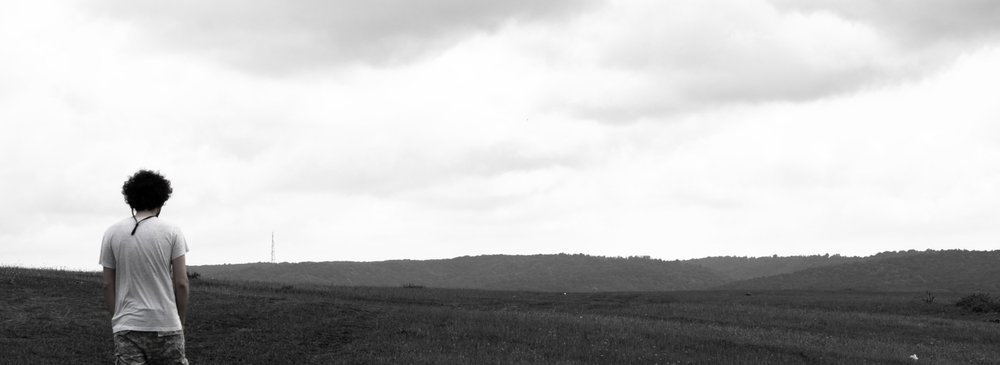| 5 mins read
German school and university students seem universally to study English language and culture, and cultural studies in Germany presents its German students with extremely well-informed and pitch-perfect representations of British life, published in the English language.This is in marked contrast to the depleted understanding of German and other European cultures which is conveyed by the greater part of the British educational system.
This book shows that a substantial literature has emerged within cultural studies and social theory in the Anglosphere and in German-speaking culture, which is committed to articulating perspectives of philosophical pessimism. Schopenhauer is the leading philosophical point of reference from the nineteenth century and Mark Fisher's concept of hauntology (being haunted by social and cultural ideas from the past) from the twenty-first century. Key contributions to this field are examined, including those of writers who may not all be well known to UK readers, such as the feminist Sara Ahmed, the philosopher E. M. Cioran, the political scientist Joshua Dienstag, the literary critic Lee Edelman, the novelist Thomas Ligotti, the philosopher Patricia MacCormack and John Storey (cultural studies), as well as by film makers such as Steve McQueen (Small Axe, 2020) and Lars von Trier (Melancholia, 2011).
An Global 2021 Deloitte millennial and generation Z survey found that a majority of young people expect that their generation to have a worse life experience than their parents. This important change in expectations may be giving rise to considerable feelings of resentment and alienation among the young. This is a very different situation from that experienced since the end of the Second World War.
The second relevant aspect of shared experience arises from the dangers of global warming and climate change, and the anxiety that the planet's resources may be at risk of becoming exhausted. I believe that much of the literature and imaginative work described by Schmitt has these experiences and anxieties as its backdrop.
Schmitt's book presents different varieties of pessimism in its chapters. These concern Gramsci, critical theory and cultural studies; anti-Utopianism and Afropessimism; reproductive pessimism; cosmic pessimism and what he calls ‘Ahuman Futures’. Dystopian art forms are, Schmitt shows, strongly present and influential in contemporary culture.
The form of ‘pessimism’ to which Schmitt is most sympathetic is that expressed in Gramsci's famous injunction to adopt a ‘pessimism of the intellect and optimism of the will’. This was an idea which Hall reasserted in his writing. It amounts to an insistence on realism and the refusal of self-deception in making political judgements, while at the same time remaining faithful to socialist political commitments.
Stuart Hall found this way of thinking also fitted the context of 1980s Britain, when he insisted against conventional positions that the left was now facing a new ideological antagonist in ‘Thatcherism’, and that the new threat it presented had to be fully understood if an adequate response to it was to be devised.
A version of pessimism which Schmitt endorses is one in which an uncompromising realism can support a potential for hope. He sees as necessary the rejection of the superficial optimism which especially dominates the culture of the USA, which he believes provokes radical pessimism as its corrective response.
Schmitt describes some writers’ rejection of a common projection of hope into future generations, although this seems to be coming from the particular position of writers who feel excluded by mainstream heterosexuality and reproduction. ‘Afro-pessimism’ is another variant.
Other dystopians believe that the Earth's multitude of living species are of more value than humanity, and that it would be better to leave the Earth to their sole possession. A kind of metaphysical despair seems to be induced in some writers by astronomers’ predictions that the Sun and thus the Earth will survive only for several billion more years. Perhaps what they are really mourning is loss of religious belief in an everlasting paradise.
The book is presented in the distinctive format of its series, named ‘Palgrave Pivot’ with each chapter set out as if it were a separate journal article with an abstract and keywords. This makes for a concise presentation (only 117 pages of text) of an often-unfamiliar literature, some of whose items might helpfully have been summarised at greater length. But the theoretical ideas presented—and the related examples of dystopian literature and cinema—set out a significant field of contemporary work, which calls for attention in these hard times.
Need help using Wiley? Click here for help using Wiley







